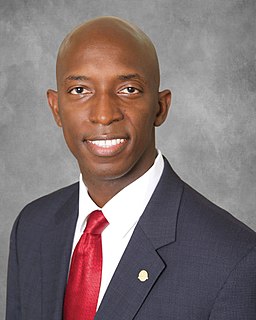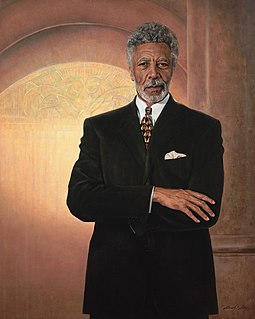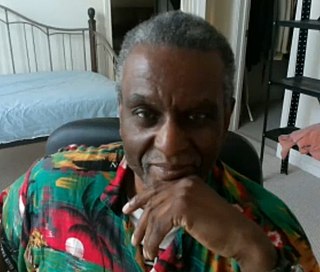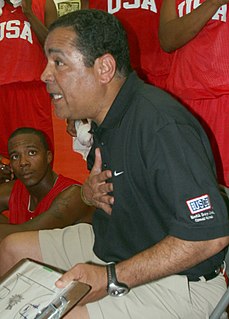A Quote by Ban Ki-moon
The international community cannot accept that whole communities are marginalized because of the color of their skin. People of African descent are among those most affected by racism. Too often, they face denial of basic rights such as access to quality health services and education. Such fundamental wrongs have a long and terrible history.
Quote Topics
Accept
Access
Affected
African
Among
Basic
Basic Rights
Because
Cannot
Color
Communities
Community
Denial
Descent
Education
Face
Fundamental
Health
Health Services
History
International
International Community
Long
Marginalized
Most
National Community
Often
People
Quality
Racism
Rights
Services
Skin
Terrible
Those
Too
Whole
Wrongs
Related Quotes
The United Nations and the Organization of American States have named 2011 as the International Year for People of African Descent. This is an opportunity for all of us around the globe to celebrate the diversity of our societies and to honor the contributions that our fellow citizens of African descent make every day to the economic, social and political fabrics of our communities.
Ironically, there is a history of black/Irish communion here in the states; Irish and African American brothers and sisters have often found common cause in fighting the bigotry both communities faced earlier in the 20th century. However, white skin privilege among the Irish separated them from blacks, who had no such advantage to fall back upon. The solution is to fight bigotry and racism wherever they appear, and to root out the forces of oppression as conscientiously as possible.
My mom always said to us, "You cannot judge anybody because of the color of skin." There were a lot of African immigrants in Italy at the time, and people would not even say hi in the street. And my mom, she would invite these people to the house. This is what I got from my mom: to not judge people because of their sexuality, their skin color, their religion, nothing.
Black History is enjoying the life of our ancestors who paved the way for every African-American. No matter what color you are, the history of Blacks affected everyone; that's why we should cherish and respect Black history. Black history changed America and is continuing to change and shape our country. Black history is about everyone coming together to better themselves and America. Black history is being comfortable in your own skin no matter what color you are. Black history makes me proud of where I came from and where I am going in life.
The government ought to be in the business of delivering health, education, housing, and basic services to people without a lot of game playing. There ought to be comprehensive childcare, a comprehensive approach to housing, a sane, rational way to finance education. But I also strongly believe in the notion of fundamental individual freedom.
I want to clarify that one doesn't need to be a scientist or have fancy college degrees to know the truth about the health of our children, our communities, and the planet. Community members generally know far more about the health of their own communities than visiting "experts," yet that knowledge is often discredited because of another story that we tell ourselves: "real" education happens [only] in the halls of universities.
I don't regret the fervor, because I do believe, in the African American community but also for other communities, and I know from talking to people, for communities around the world, the election of an African American to the most powerful office on Earth meant things had changed, and not just in superficial ways. That in some irreversible way the world was different.









































